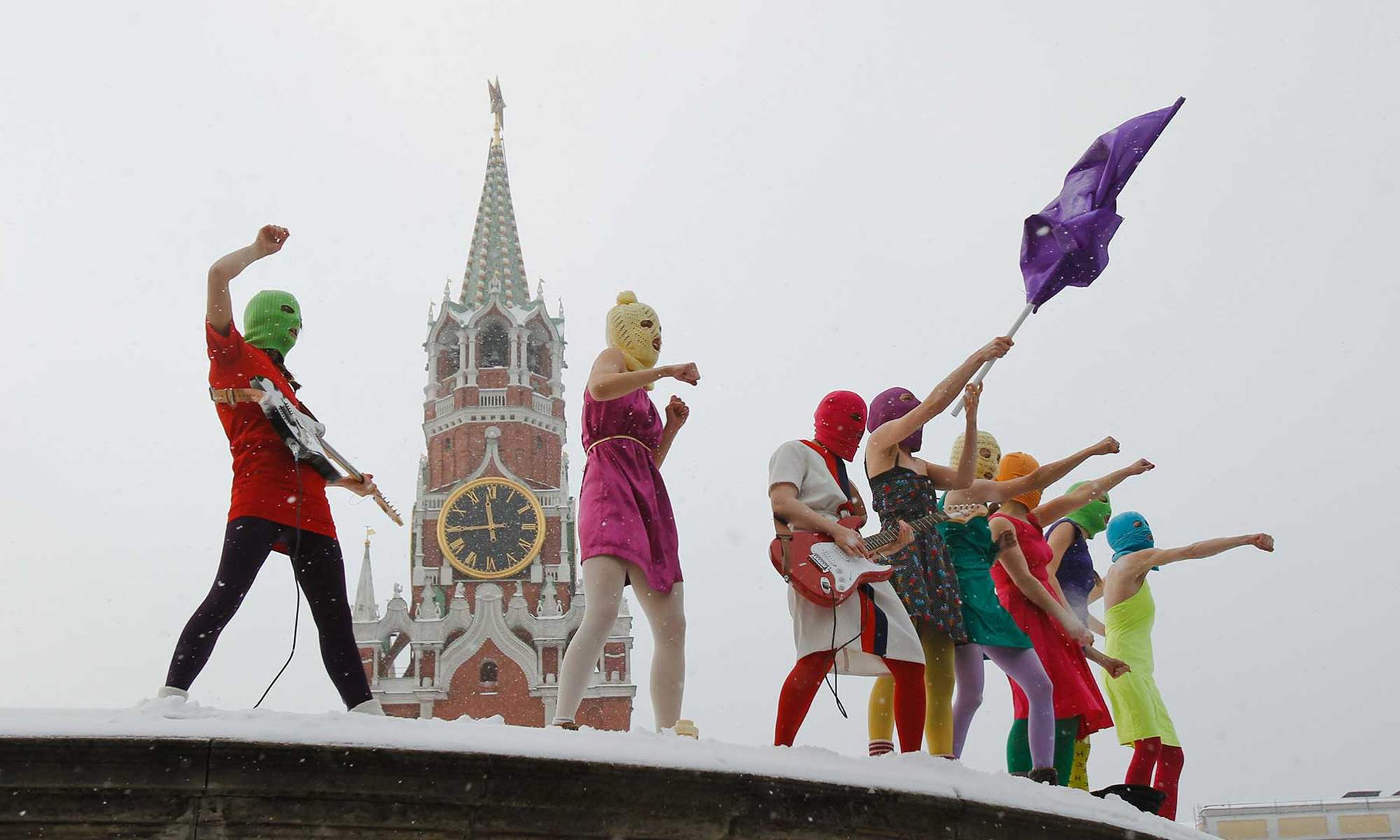Dmitry Orlov, a Russian-American author and theorist, is best known for his theories on societal collapse, especially his views on how and why modern industrial societies may fail. Orlov’s ideas are influenced by his observations of the Soviet Union’s collapse in the early 1990s, and he compares it with potential collapses in Western societies, particularly the United States.
Here’s a quick breakdown of his key concepts and insights:
The Five Stages of Collapse
In his book The Five Stages of Collapse, Orlov proposes a model that outlines the sequential stages societies may undergo during a collapse. The stages are as follows:
- Financial Collapse: This is the first stage, where the financial system becomes unsustainable. The collapse is marked by the breakdown of trust in financial institutions and widespread bank failures, leading to currency devaluation, inflation, and mass unemployment.
- Commercial Collapse: Following financial collapse, commerce starts to fall apart. Businesses close, goods become scarce, and global supply chains break down. Individuals lose access to essential products, and bartering becomes common.
- Political Collapse: When the political system loses legitimacy, governance and law enforcement begin to falter. The government may become ineffective or authoritarian, struggling to provide basic services and maintain order.
- Social Collapse: Communities begin to break apart as social institutions like family, community organizations, and mutual aid systems deteriorate. Social trust and cohesion fade as people fend for themselves and the sense of a shared culture or community purpose disintegrates.
- Cultural Collapse: The final stage occurs when society loses its cultural coherence. People lose a sense of identity and purpose, traditions die, and the social fabric completely unravels. At this point, society may become tribal or regress to smaller, isolated groups with little interaction.
Key Themes in Orlov’s Theory
Orlov often emphasizes that these stages are not necessarily linear or universally applicable. Some societies may skip stages, while others may experience collapses in different forms based on local conditions. He also argues that Western societies are particularly vulnerable due to their dependence on complex, centralized systems, fossil fuels, and high levels of consumerism.
He notes that the U.S. is especially susceptible to financial and commercial collapse because of its reliance on debt and credit, as well as its role in the global economy. In Orlov’s view, a self-sufficient, localized lifestyle based on strong community networks may offer resilience in the face of these stages.
Criticisms and Support
Orlov’s ideas are controversial, with critics arguing that they are overly pessimistic and underestimate the resilience of modern societies. However, supporters find value in his insights, especially in the context of preparing for climate change, economic instability, and social unrest. His work has inspired many within the preparedness and permaculture communities who advocate for sustainable, local living as a way to build resilience.
Orlov’s theory doesn’t offer solutions in a traditional sense but advocates for “collapse preparedness”—encouraging people to adopt simpler lifestyles and resilient communities.

